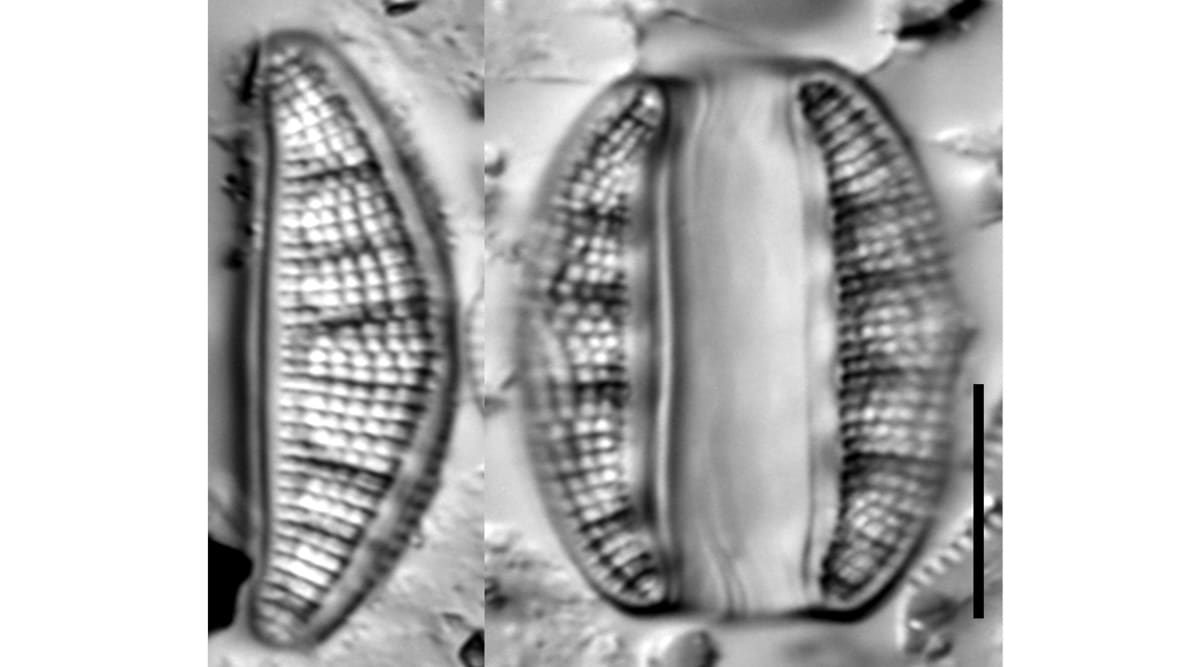 The study led by researchers from Pune-based Agharkar Research Institute (ARI) named the new species found in the Mula river as Epithemia agharkarii, in honour of the institute's founder-director SP Agharka.
The study led by researchers from Pune-based Agharkar Research Institute (ARI) named the new species found in the Mula river as Epithemia agharkarii, in honour of the institute's founder-director SP Agharka. In a first, a team of international researchers has discovered a new species of diatoms living in the freshwater flowing downstream Mulshi dam in Pune district.
The study led by researchers from city-based Agharkar Research Institute (ARI) has named this new diatom species, which was found in Mula river, as Epithemia agharkarii after S P Agharkar, who was the founder-director of the institute.
Diatoms are single-celled algae that grow in nearly all kinds of water bodies, including rivers, lakes and streams. These microorganisms are important as they also contribute to oxygen generation in the atmosphere.
“Even though diatoms are found all along Mula river, the Epithemia agharkarii was found thriving on submerged stones located downstream Mulshi dam, indicating its preferred ecosystem to be freshwater reserves,” said Karthick Balasubramanian, one of the researchers.
Even though scientists could trace some similarities of this new species with other closer species, detailed laboratory analysis showed a differentiating morphology. The raphe, which is a structure that helps movements of these microbes in water, was atypical.
Experts said the microbes measured 16 to 38 micrometre in length and 12.5 to 17.5 micrometre in width.
Researchers from Savitribai Phule Pune University, Museum of Natural History and Department of Ecology and Evolutionary Biology, Colorado, USA and Harbin Normal University, China, who collaborated in this study, have concluded that Epithemia agharkarii is endemic to northern Western Ghats region of peninsular India.